Australia has some of the most unique and beautiful wildlife in the world, from the tiger quoll to the potoroo.
Sadly, these rare creatures are at a critical point of endangerment and conservation challenges.
Thankfully, there are organisations out there that are dedicated to protecting and understand this unique wildlife, in the hope that it will continue to thrive in the future.
Tucked away on the Great Ocean Road in the Great Otway National Park is one of these organisations, the Conservation Ecology Centre, which includes a research hub on-site and an ecolodge.
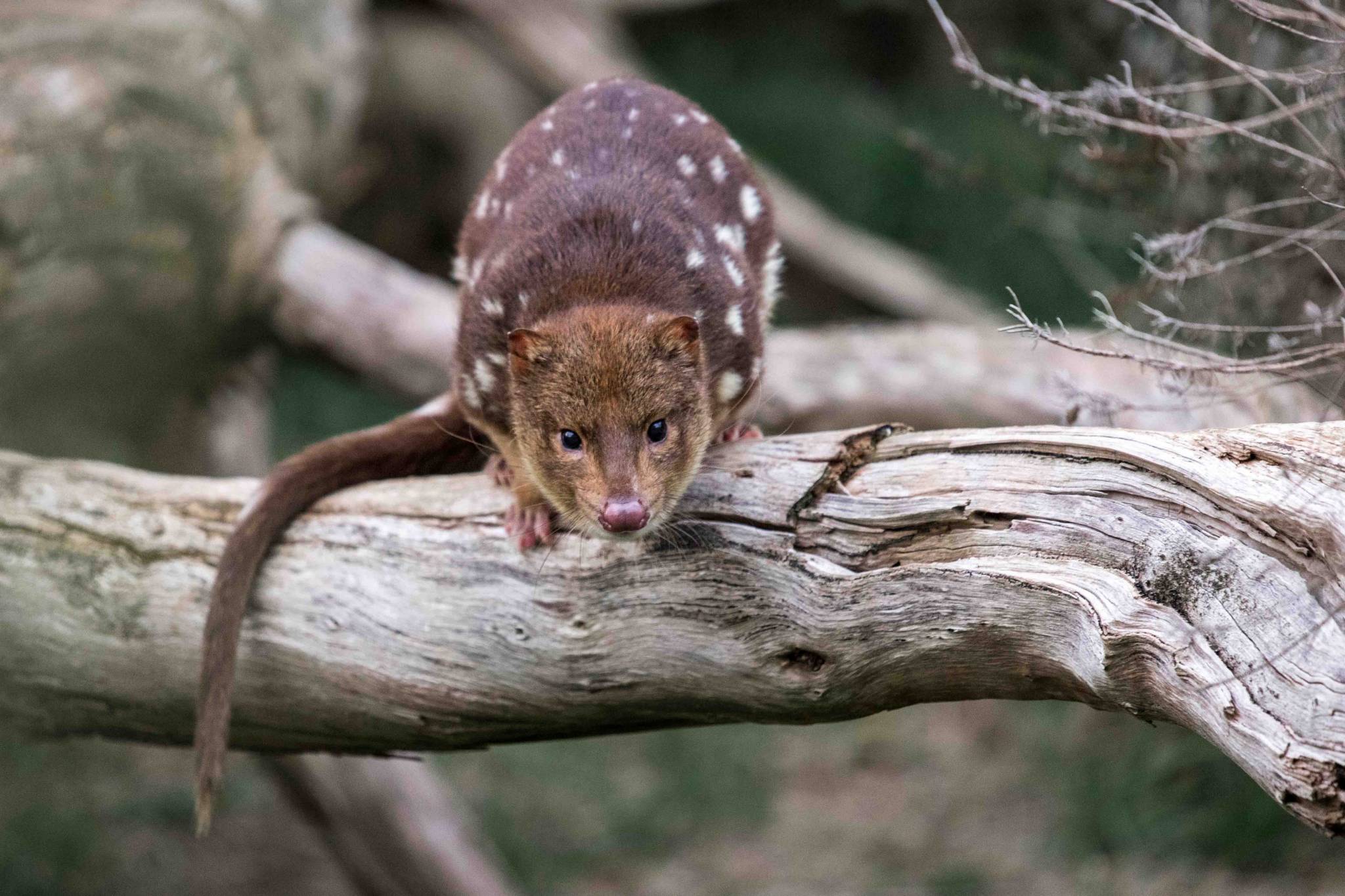
"The Conservation Ecology Centre develops innovative responses to conservation challenges and contributes to widespread universal solutions."
The Ecolodge was set up to provide to provide a sustainable option for travellers, whilst returning profits to conservation projects.
It also happens to be one of National Geographic Traveller’s top 25 best ecolodges in the world.
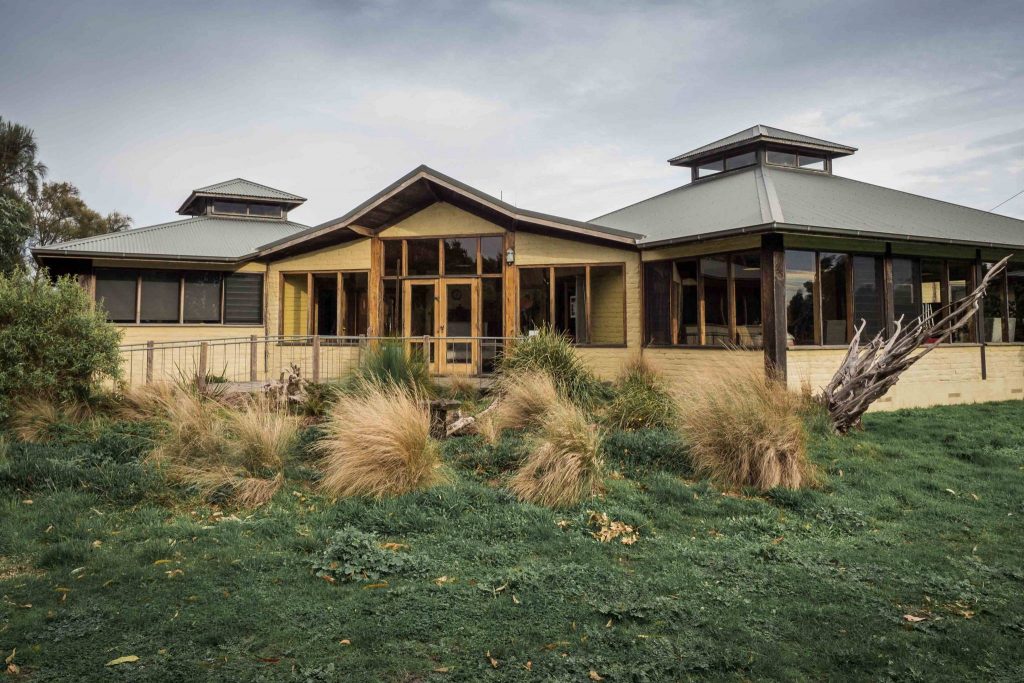
The CEO and Founder, Lizzie Cork, established the Conservation Ecology Centre to work on urgent conservation projects in the Otways. The projects have been an incredible success.
The organisation rediscovered the endangered Tiger Quoll in the Otways, after a decade of presumed absence. They also restored more than 1 million square metres of depleted Otway woodlands after losing almost half of the ecotype to an event of massive canopy decline.
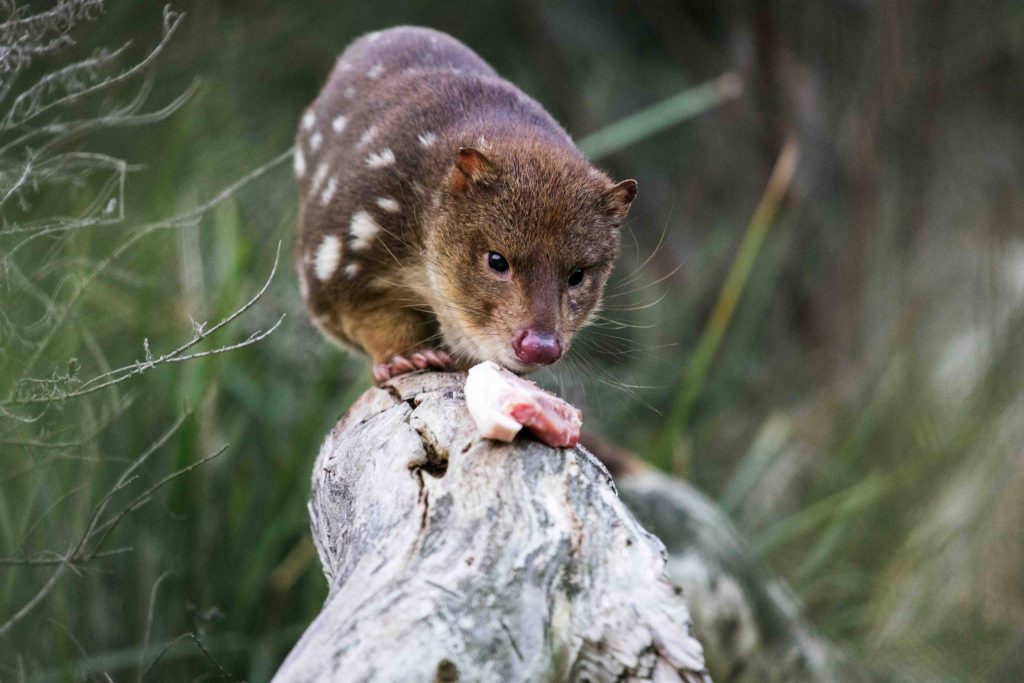
Since then, Lizzie and her team have successfully grown the organisation into new developments and ventures to assist in widespread education and conservation.
Conservation is two-fold
The Conservation Ecology Centre team has carefully balanced between two key themes to ensure success: science and education. The scientific research strand works on understanding wildlife and ensures conservation efforts are achieved.
One of the conservation projects is working with the Otways Conservation Dogs. Highly qualified endangered species detection teams work throughout the Otways to safely and non-invasively detect species. After the success of the Tiger Quoll, they dogs are currently detecting Long-nosed Potoroos.
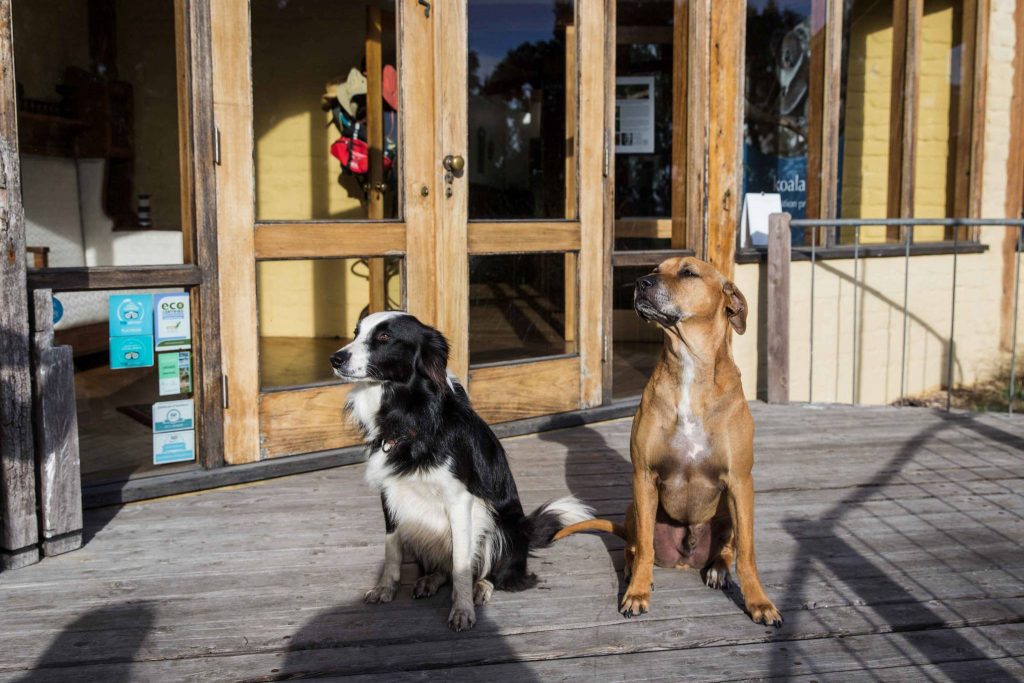 Networks and collaboration are also essential to the success of the research projects. Lizzie and her team have developed a strong network of land managers, conservationists and researchers across the past three years to maintain relevant conservation research.
Networks and collaboration are also essential to the success of the research projects. Lizzie and her team have developed a strong network of land managers, conservationists and researchers across the past three years to maintain relevant conservation research.
“The network allows for land managers to directly feedback to researchers what are the most pressing conservation issues. In this way science is directly addressing the important conservation issues, and land managers are given the information to use in their programs.”
Education
Education is the other key theme to the Conservation Ecology Centre, ensuring the conservation work is maintained and amplified.
“In the Otways region Tiger Quolls are vitally important for conservation – as a species but also for the ecosystems they represent. They have large home ranges and, as carnivores, depend on a healthy prey base so any measures taken to conserve the quoll also has benefits for the wider landscape and the other species that inhabit it. For these reasons, we have specifically focussed on raising the public profile of the Tiger Quoll – both locally and further afield.”
“There are so many incredibly important Australian species, which are threatened with extinction. Public awareness is critical – it’s the only way we can keep conservation on the agenda.”
Tourism can be critical to conservation
The Great Ocean Road thrives of tourism to survive, it’s a community and can easily use its tourism for good. The Great Ocean Ecolodge (certified eco) is a perfect example of this tourism. “Through this venture we not only generate vital funds but we also engage visitors from all over the world in our conservation projects – our guests are invited to join a walk guided by one of our ecologists to see the wildlife that call this wonderful place home and learn about the conservation programs.
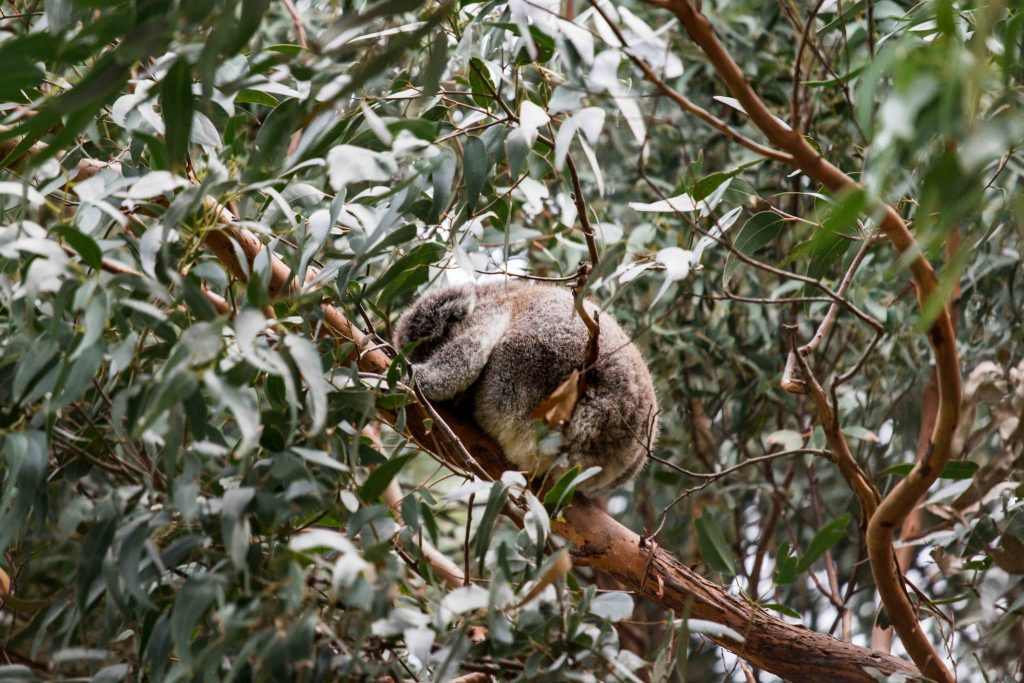
Moving on, with the help of Lord of The Rings…
As a forward-thinking organisation, Conservation Ecology Centre has to keep growing to maintain its research and conservation projects. Moving on from the successful ecolodge, the next social enterprise being set up is ‘Wildlife Wonders’. This attraction will be overlooking the ocean near Apollo Bay and will offer visitors opportunities to observe and photographic animals in a natural, predator-free setting.
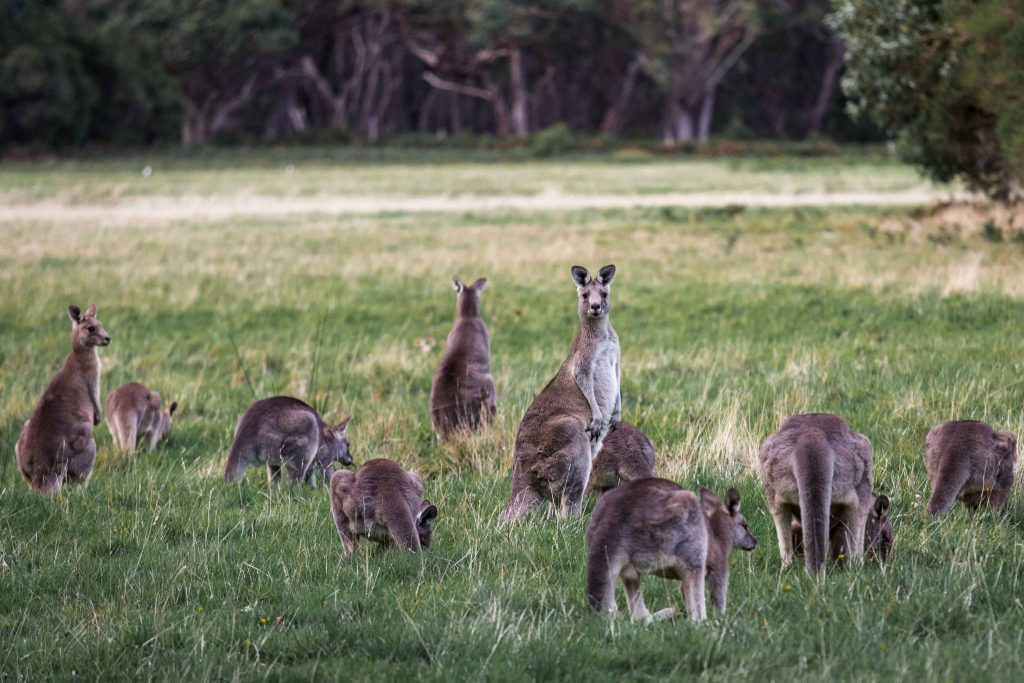
Oh, the experience is also being created by Brian Massey, Greens Master of the Lord of the Rings and Art Director of The Hobbit (incredible).
“It will deliver ongoing and sustainable economic and environmental benefits to the region in the long-term as all profits generated through Wildlife Wonders will support conservation of region’s flora and fauna though investment in ecosystem restoration, ecological research and species recovery programs. We understand that the environment and the economy and inextricably intertwined and we are excited about the possibilities that Wildlife Wonders can create.”
Wildlife Wonders is expected to open in 2019, to find out more visit the website here.
Photos by Dave Simpson & Kira Simpson


